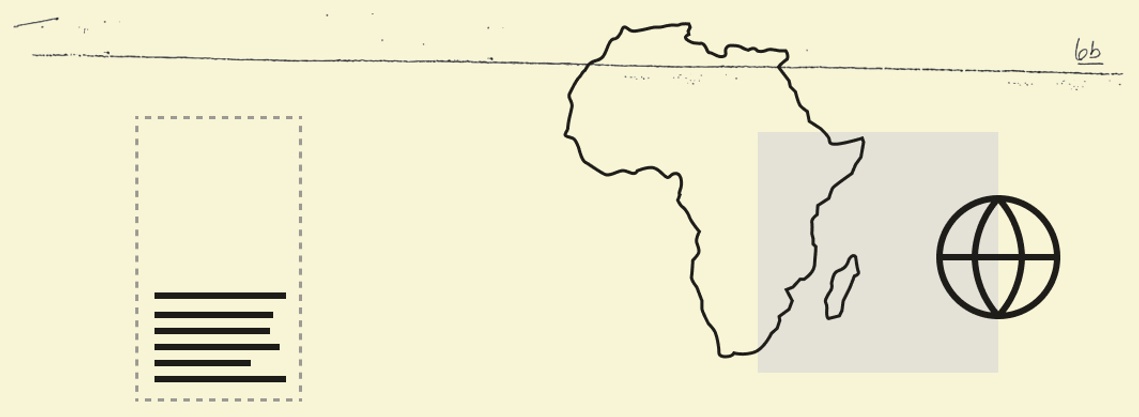 Tech Reuters/Benoit Tessier/Illustration Reuters/Benoit Tessier/Illustration🇿🇼 Zimbabwe has sought the input of cryptocurrency service providers as authorities draw up regulations for the sector in the country. 🇰🇪 TotalEnergies said it partnered with electric vehicles companies in Kenya — Ampersand, Roam, and Arc Ride — to roll out 13 charging stations in 2023. 🇸🇱 Elon Musk’s satellite internet service Starlink went live in Sierra Leone, a year after being licensed to operate. It increases Starlink’s Africa footprint to nine countries. 🇰🇪 A Kenyan court declared void an order that mandated e-commerce logistics startup Wasoko to reverse its firing of nine employees. Governance 🇨🇩 DR Congo’s first female prime minister, Judith Suminwa Tuluka, was sworn in on Wednesday. She promised to lay the groundwork for an “emerging Congo” by creating around 2.6 million jobs and lay out actions on security, economic diversification, and climate change. 🇸🇩 The US’s special envoy to Sudan on Tuesday said parts of the country are in famine, and the extent of extreme hunger remained unclear nearly 14 months into a war between the army and the paramilitary Rapid Support Forces. 🇪🇹 Ethiopia is set to increase spending by 21%, to 971.2 billion birr ($16.9 billion), in the fiscal year starting July, the finance minister told parliament. He said the government would plug the deficit through local and foreign borrowing. Deals🇳🇬 Nigeria’s state oil company signed an agreement with marine infrastructure developer Golar LNG for the deployment of a floating liquefied natural gas vessel off the coast of its oil-rich Niger Delta region. The facility is set to record its first gas production by 2027. 🇬🇳 Guinea signed a memorandum of understanding with Russia’s state-owned energy group Rosatom last week to explore the use of floating nuclear reactors to generate and supply electricity in the West African nation. 🌍 Africa-focused British investor Development Partners International sold its stake in International Facilities Services, a facility management group in Mozambique, Zambia, and the DRC. |